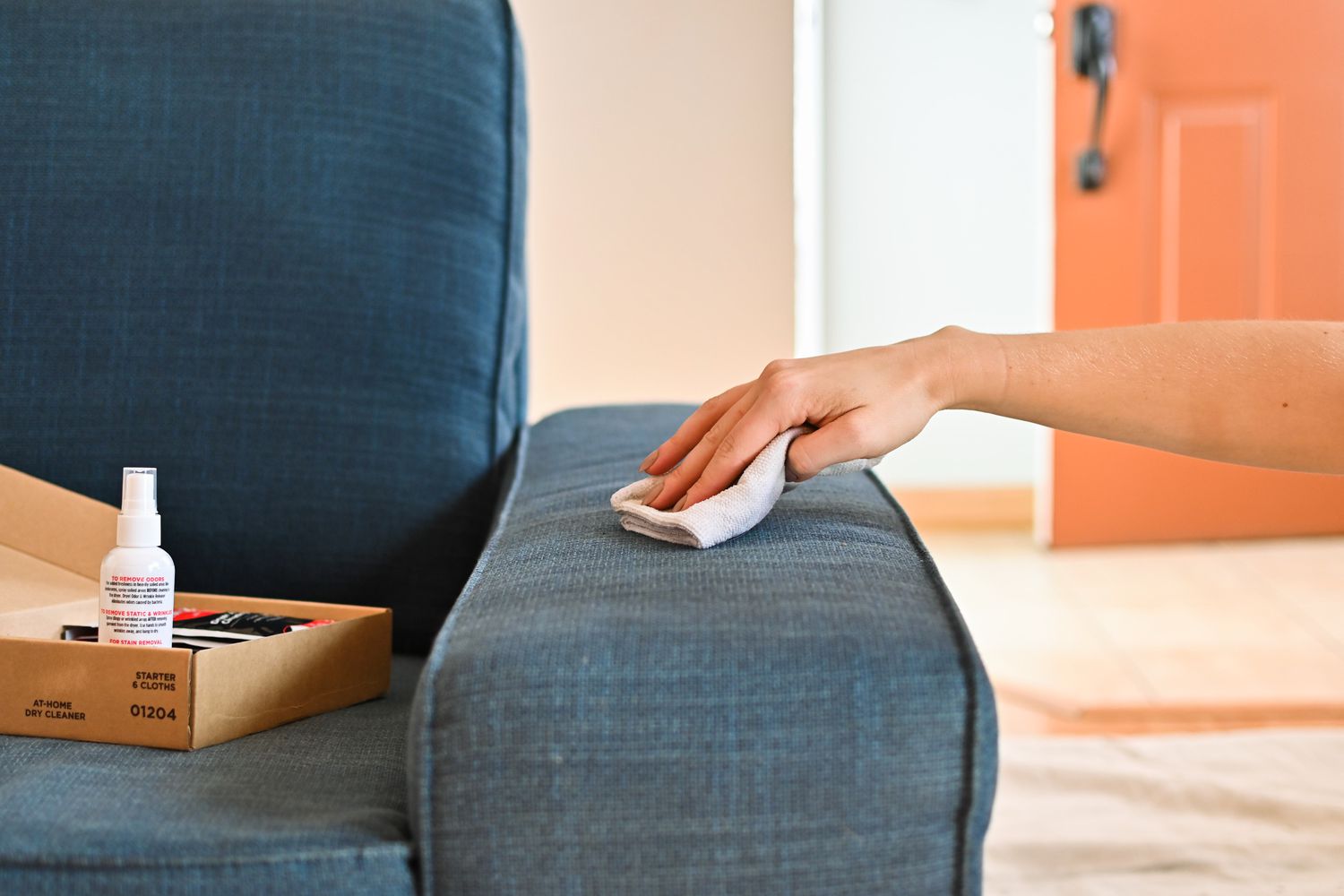As a tenant, it is important to be aware of your rights and responsibilities. One of the most important duties you have is to ensure that your landlord has a valid gas safety certificate. A gas safety certificate is vital in ensuring that all gas appliances in your rental property are safe and fit for use. Not only does this protect both you and your landlord, but it is also legally required by law.
In this article, we will discuss what a gas safety certificate is, why it’s important, how often they need to be renewed, and what steps you can take as a tenant to make sure yours is up-to-date. Read on to learn more about how you can stay safe and ensure the property you’re renting meets all necessary requirements!
What is a Landlord Gas Safety Certificate?
If you rent a property, your landlord is required by law to have a gas safety certificate. This certificate is also known as a CP12 and it proves that the gas appliances and pipework in the property are safe to use. The certificate is valid for 12 months and it is the landlord’s responsibility to make sure that it is renewed on time.
As a tenant, you have the right to see a copy of the gas safety certificate. If your landlord does not have a valid certificate, you should report them to the Gas Safe Register.
If you smell gas or think that there may be a gas leak, you should call the National Gas Emergency Service at 0800 111 999.
Why is it important to have an up-to-date certificate?
If your certificate is out of date, your landlord could be liable for any damages or injuries that occur as a result of gas leaks or explosions. In addition, your insurance company may refuse to pay out in the event of an accident if it can be shown that your landlord was negligent in maintaining the property.
How often should the certificate be renewed?
As a landlord, you are legally required to have a Gas Safety Certificate (GSC) for all your properties. This certificate must be renewed every 12 months by a registered gas engineer.
You should keep copies of all your GSCs in a safe place and provide them to your tenants upon request. You should also keep records of all the gas safety checks you’ve carried out on your properties.
If you don’t renew your GSC or carry out the required safety checks, you could be fined up to £6,000.
What happens if the certificate expires?
If your landlord’s gas safety certificate expires, they will need to get it renewed as soon as possible. If they don’t, you could be at risk of carbon monoxide poisoning or other gas-related hazards. So make sure to keep an eye on the expiration date and remind your landlord to get it renewed on time!
How to get a new certificate
- Check your tenancy agreement – it should say how often your landlord needs to provide a gas safety certificate. If it doesn’t, they should do it every 12 months
- Make sure you know when the last certificate was issued – you can ask your landlord for a copy if you’re not sure
- If it’s been more than 12 months since the last certificate was issued, or you can’t get hold of a copy of the previous one, contact your landlord and request a new gas safety check
- Your landlord should arrange for a Gas Safe registered engineer to visit your property and carry out the checks – this should only take around an hour
- Once the checks are finished, you should be given a copy of the gas safety certificate which will be valid for 12 months
Conclusion
It is important to make sure that the gas safety certificates in your rented property are kept up to date, as this will ensure both you and your landlord remain safe. You can check with your local council or look online for registered gas engineers. who can carry out a Gas Safety Certificate inspection on behalf of your landlord? Remember to keep copies of all documents relating to any work carried out so that you can refer back to them if necessary. Following these steps should ensure that everyone involved remains safe from potential risks associated with faulty or outdated appliances and installations.





